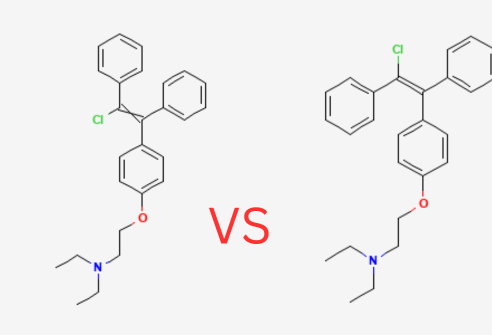Enclomiphene effectively treats secondary male hypogonadism by increasing testosterone levels and preserving fertility, offering a promising alternative to traditional testosterone replacement therapy without many of the common side effects. This article will explore how enclomiphene works, its benefits, potential side effects, and what to expect from treatment.
How Enclomiphene Works
Enclomiphene is a selective estrogen receptor modulator (SERM) that stimulates the body’s natural hormone production. It works by:
- Stimulating the hypothalamus to release more gonadotropin-releasing hormone (GnRH)
- Prompting the pituitary gland to release more luteinizing hormone (LH) and follicle-stimulating hormone (FSH)
- Signaling the testicles to produce more testosterone
This mechanism differs from traditional testosterone replacement therapy, which can suppress the body’s natural testosterone production.

Key Benefits of Enclomiphene
Increased Testosterone Levels
Multiple clinical studies have demonstrated enclomiphene’s ability to significantly boost testosterone levels in men with hypogonadism.
Fertility Preservation
Unlike testosterone replacement therapy, enclomiphene helps maintain or even improve sperm production.
Fewer Side Effects
Enclomiphene generally has a favorable side effect profile compared to other treatments like clomiphene. Most side effects are mild and may include:
- Headache
- Nausea
- Hot flushes
- Joint pain
Dosage and Administration
The optimal dosage of enclomiphene can vary between individuals. Clinical studies have primarily focused on two common dosages: 12.5mg daily and 25mg daily. These dosages have shown efficacy in raising testosterone levels and improving symptoms of hypogonadism in many patients. However, it’s important to note that there isn’t a one-size-fits-all approach to enclomiphene therapy.
Potential Side Effects and Risks
While enclomiphene is generally well-tolerated, it’s important to be aware of potential side effects:
Common Side Effects
- Headache
- Nausea
- Diarrhea
- Common cold
- Hot flushes
- Joint pain
- Dizziness
Less Common Side Effects
Occurring in less than 1% of patients:
- Muscle spasms
- Fatigue
- Increased appetite
- Aggression
- Irritability
- Acne
Conclusion
Enclomiphene offers a straightforward and effective approach to treating secondary male hypogonadism by naturally increasing testosterone levels and preserving fertility. Its favorable side effect profile and ability to maintain the body’s natural hormone production make it an attractive option for many men struggling with low testosterone. To learn more about Enclomiphene and other treatments to revitalize your hormonal health, visit Empower Men’s Health Clinic’s website.



